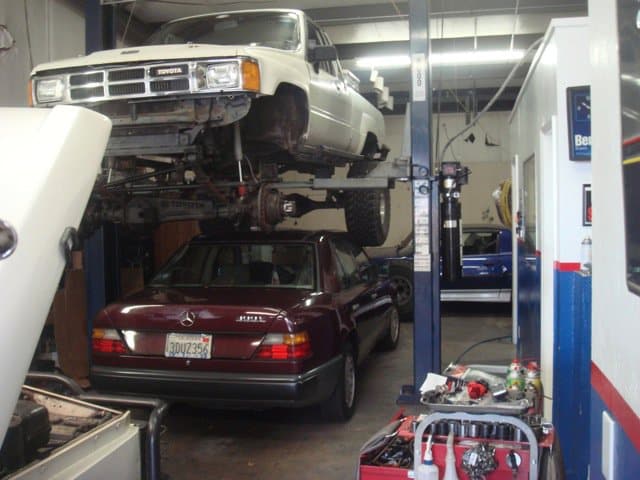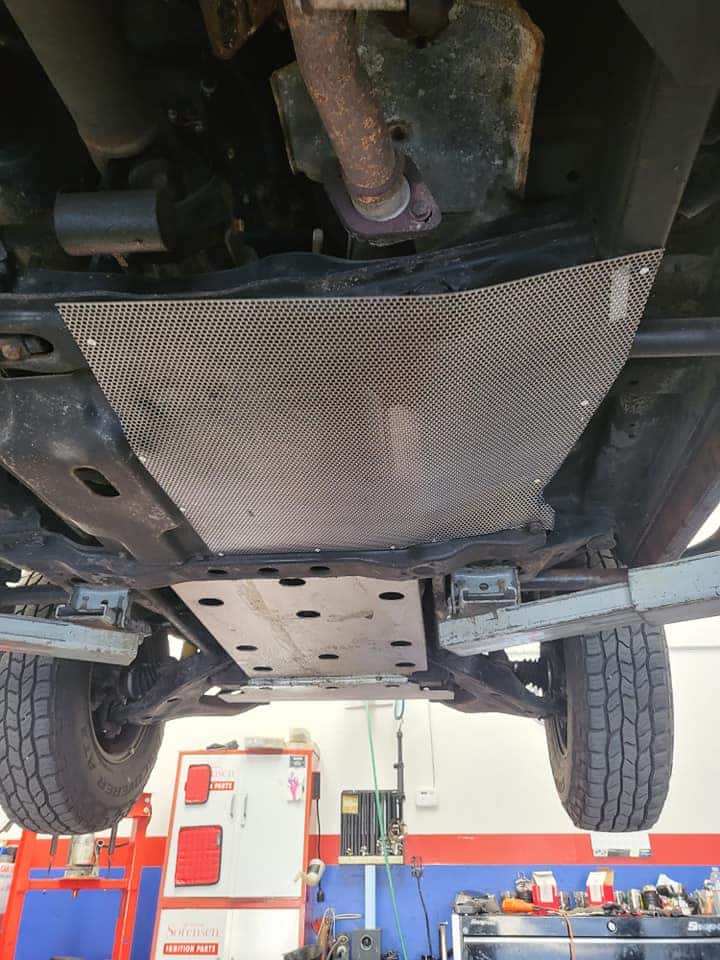The lifespan of a vehicle doesn't merely hinge on its make or model, but also on the care invested in its maintenance. There's an age-old adage: “take care of your car, and your car will take care of you.” It rings truer than ever when it comes to one of the most essential aspects of auto care – oil changes.
Why Regular Oil Changes Are Critical
Understanding the importance of regular oil changes begins with understanding the role of motor oil in your vehicle. Motor oil lubricates, cools, cleans, and protects your engine. It reduces friction between moving components, preventing damage and wear. Over time, however, oil breaks down and loses its efficacy, which can lead to engine damage if not addressed.
For instance, consider the case of a 2005 Subaru Forester. The owner, let's call him Mark, was religious about changing his oil every 5,000 miles. Even though the manufacturer's recommended interval was 7,500 miles, Mark preferred to err on the side of caution. When he hit 200,000 miles on his odometer, his engine was still working as well as it did when he first bought it.
Compare this to another Subaru Forester owner, Jane, who chose to ignore the importance of oil changes. She only replaced the oil when her engine started making noises, which was far beyond the recommended interval. Sadly, Jane’s vehicle didn’t even make it to 100,000 miles.
Identifying the Proper Oil Change Interval
How frequently you should change your oil depends on several factors: your car's make and model, the type of oil you use, and your driving habits. As a general rule of thumb, it's a good idea to change your oil every 3,000 to 7,500 miles.
For instance, if you drive a 2017 Ford F-150 and use synthetic oil, you can wait until around 7,500 miles for an oil change. However, if you own a 1998 Toyota Camry and use conventional oil, you'd be better off changing your oil every 3,000 miles.
Maximizing Your Vehicle's Lifespan with Regular Oil Changes
Regular oil changes can significantly extend your vehicle's lifespan and improve its performance. Here's how:
- Reduced friction: Fresh oil provides superior lubrication, reducing friction between engine parts and thus avoiding unnecessary wear and tear.
- Lower engine temperature: Fresh oil carries heat away from the engine, helping to maintain an optimal operating temperature.
- Improved fuel efficiency: Reduced friction results in less work for the engine and improved fuel efficiency.
Partnering with a Reliable Auto Repair Service
Finding a trustworthy auto repair service can make your regular oil change and maintenance a breeze. Sartorial Auto Repairs in Santa Rosa, CA, is committed to providing top-notch service to keep your vehicle running smoothly.
Their experienced team understands the importance of regular oil changes and will work with you to determine the best schedule for your vehicle. They also offer a wide range of other services, from brake repairs to tire replacements, always ensuring your vehicle is in tip-top shape.
Are you ready to maximize your vehicle's performance and longevity? Drive into Sartorial Auto Repairs today for your next oil change, and let us help you keep your vehicle running smoothly for years to come.












